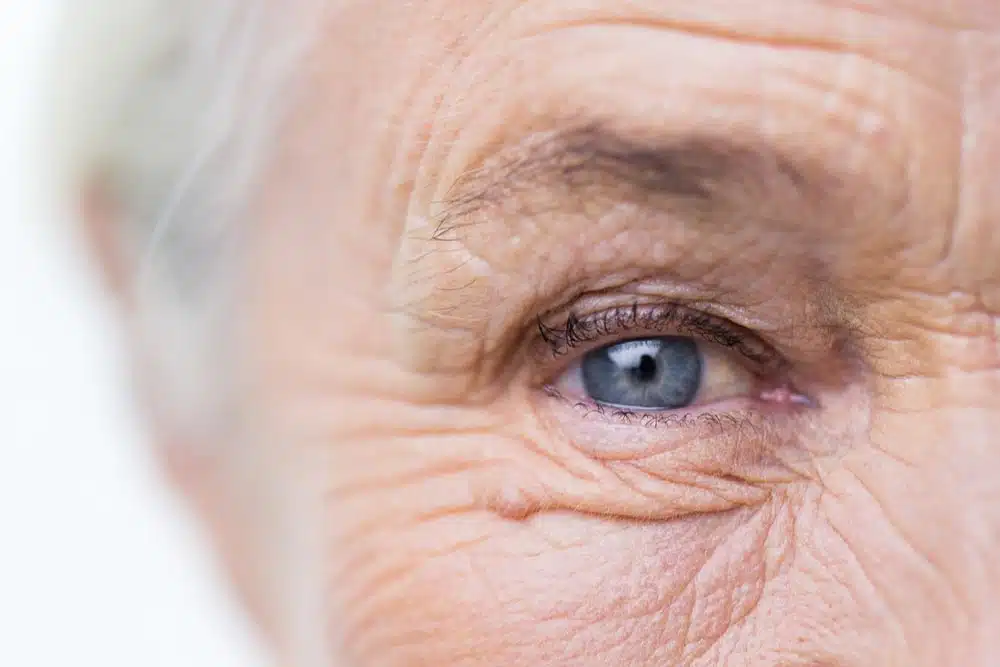As we age, we know that our bodies start to change and, of course, age-related processes affect our vision as well. Over time, we become more susceptible to eye conditions and disease which can lead to vision loss and even blindness. That’s why it is crucial that you have your eyes checked regularly to help identify any changes or potential concerns that are common with age. It’s also important to learn more about the reasons why your sight deteriorates with age so you can be better equipped to recognize the changes and know when to call your optometrist.
Here we’ll show you the common causes for concern as you age and what you should look for.
Inflammation
One condition that can damage your eyes as you continue to age is blepharitis, which is inflammation of the eyelids. If the inflammation is not attended to quickly, it can create a film over the eyes. This film can eventually lead to blurred vision and dry eyes that can damage and deteriorate your sight.
Cataracts
When we’re babies, our eye lenses are crystal clear, but as we age the lens in the eye can start to cloud up causing blurry patches which are known as cataracts. This ‘frosting’ or fogginess creates a distorted image and causes sight deterioration that limits our vision.
Presbyopia
As you get older, your lens also loses its pliability and begins to harden. This natural process can cause difficulties when trying to focus on objects that are up close. People over 35 years of age are at a greater risk of developing presbyopia with symptoms often including difficulty reading small print, eyestrain and headaches.
Macular Degeneration
An eye disease that commonly affects seniors is macular degeneration. It causes loss of the central retinal function and a gradual worsening of vision in one or both eyes. This age-related condition is an incurable disease that commonly develops mid-age, so it’s important to have regular ocular exams to catch macular degeneration early on to avoid total vision loss.
Glaucoma
Your eye works to replace the fluid inside them naturally. But as you age, your eyes struggle to drain the excess fluid as this area begins to narrow. As the fluid builds up the pressure increases and damage to the optic nerve can result. This effect is called glaucoma and can lead to vision loss and even blindness if left untreated.
If you’ve started to experience any of the above vision issues, it’s important to book an appointment with an optometrist right away. Treatment is available for many common conditions where your sight deteriorates with age, so the sooner you get help, better your chances are for maintaining clear, healthy visions well into your senior years.
